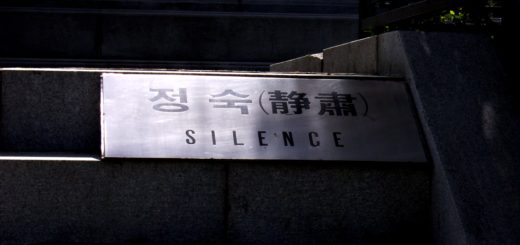Reflections on Infinity and Meaning
If the universe were infinite, everything of which it is comprised would by necessity be infinitesimal, and a universe of incalculable vastness thus comprised of an array of incalculably small components — with both the incalculably small components and the incalculably vast whole becoming increasingly so (small and vast, respectively), without end. In such a condition, everything — both the world and its constituents — would be rendered meaningless.
To say, as our materialists and nihilists do, that life has no meaning, or (even more absurdly) that the world is meaningless, is to put the cart before the horse, or rather to mistake the cart for the horse. For “life” and “world” are meanings — the words represent coherent (i.e., finite) notions entertained by the mind which utters them, without which notions one would literally be communicating nothing. Thus, to say “The world has no meaning” is to say “This coherent and meaningful whole has no meaning.”
There is all the difference in the world between saying, on the one hand, “X has no meaning,” and saying, on the other, “I do not know the meaning of X” — or even, if you prefer, “I can never know the meaning of X.” The latter expression (in both alternative forms) employs reason to assess the relation between reason and reality. The former employs a rational structure to deny the possibility of rational structure.
“The world is all that is the case,” says Wittgenstein. This is highly implausible. For it is self-evident that when he utters the phrase “the world,” Wittgenstein means something specific by it, whereas the locution “all that is the case” is incoherent. The issue at stake is intellectual intuition, or the source of ultimate ideas. One will necessarily find facts in the world, but one will never find a world in facts, no matter how many of them one imagines gluing together. To think of “the whole” is to have transcended the facts. Hence, Wittgenstein must presume the super-factual existence of something which he labels “the world,” before he can render his claim that this something is nothing but all the facts that are “the case.” The claim itself thus becomes meaningless in the sense of being self-contradictory.



